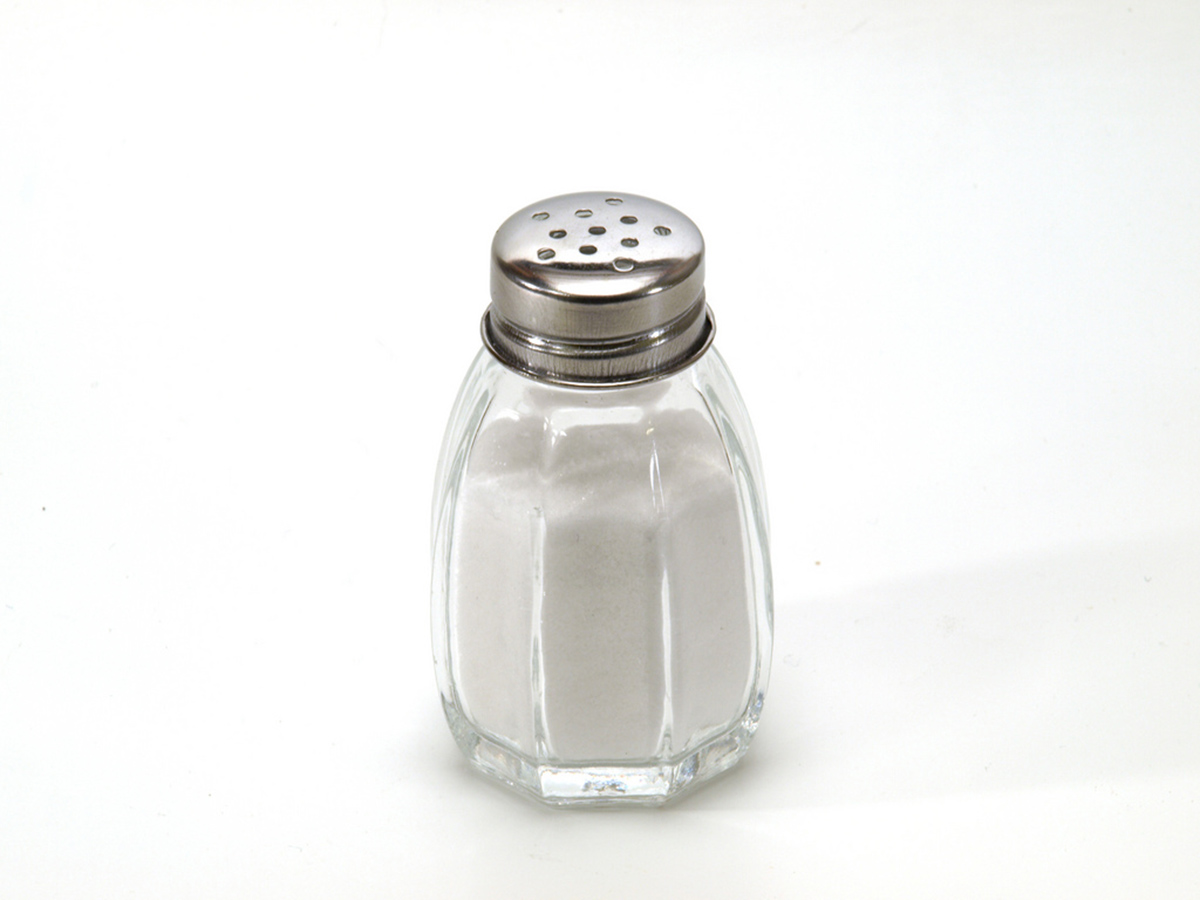Table of Contents
Cirrhosis is a condition that gradually, typically over a period of 10 to 30 years, causes the liver to shrink. The liver's contours become distorted. Bands of tough, protein fibers grow around liver cells and gradually cut off circulation. With time, large areas of liver tissue are are engulfed by scar tissue that forms nodules. The condition can cause a variety of vague symptoms at first, such as:
- Appearance of small “spider veins” under the skin
- Bleeding hemorrhoids
- Confusion and memory issues
- Erectile dysfunction in men
- Jaundice (yellowing of the skin)
- Loss of interest in sex in both sexes
- Nausea
- Vomiting stomach contents
- Vomiting blood
- Weakness
- Weight loss

As the disease progresses, it may also cause:
- Abdominal pain
- Bleeding gums
- Breast enlargement in men
- Clay-colored or pale stools
- Decreased volume of urine
- Fever
- Flatulence, gas
- Nosebleed
By the time symptoms of the more advanced disease occur, cirrhosis of the liver is hard to treat. Until that time, however, dietary interventions can make a big difference.
Eating less salt is only part of what people who have chronic liver disease need to do to prevent the progression of fibrosis to cirrhosis. The kind of sodium restriction that makes a difference in liver disease isn't severe. It's more on the lines of avoiding extremely salty foods, like salted cod, smoked meats, and smoked cheeses, and limiting the consumption of canned foods (which contain added salt to mask the "tinned" taste). It isn't necessary to avoid relatively high-sodium vegetables such as celery, carrots, and beets. Of course, if your doctor tells you that you need to follow a more restricted diet, then you should follow medical advice.
What probably will help even more is to avoid excessive consumption of calories. The reason calorie-restriction, best achieved by eliminating most sugars and all fried foods, makes a difference in liver health is that eating less gives your liver less to do. When you eat too many carbohydrates, your liver stores the excess glucose by combining the sugar with water. Getting water into a liver cell requires pumping sodium into the cell. Liver cells that are already under stress from viral infection, toxic exposure, or diabetes are stressed even more in the process of making glycogen. The less carbohydrate you eat, the less glycogen your liver will have to make and then break down back into sugar and water later.
READ Cystic Fibrosis: Increased Life Expectancy And New Hope
Simply cutting back on carbohydrate consumption is an especially useful strategy when you are dealing with fibrosis and cirrhosis caused by chronic infection with hepatitis C. Especially if you are overweight, simply cutting back your consumption of food enough to lose a mere 2 to 3 percent of your total body weight (as little as 3 to 9 pounds/1.5 to 4 kilos) may be enough of a vacation from food to give your liver an opportunity to keep itself structurally intact.
- Huh JH, Lee KJ, Lim JS, Lee MY, Park HJ, Kim MY, Kim JW, Chung CH, Shin JY, Kim HS, Kwon SO, Baik SK. High Dietary Sodium Intake Assessed by Estimated 24-h Urinary Sodium Excretion Is Associated with NAFLD and Hepatic Fibrosis. PLoS One. 2015 Nov 16.10(11):e0143222. doi: 10.1371/journal.pone.0143222. eCollection 2015. PMID: 26571018.
- Photo courtesy of dinesarasota: www.flickr.com/photos/dinesarasota/4812611934/
- Photo courtesy of soraZG: www.flickr.com/photos/11939863@N08/3793288383/
- Photo courtesy of dinesarasota: www.flickr.com/photos/dinesarasota/4812611934/

